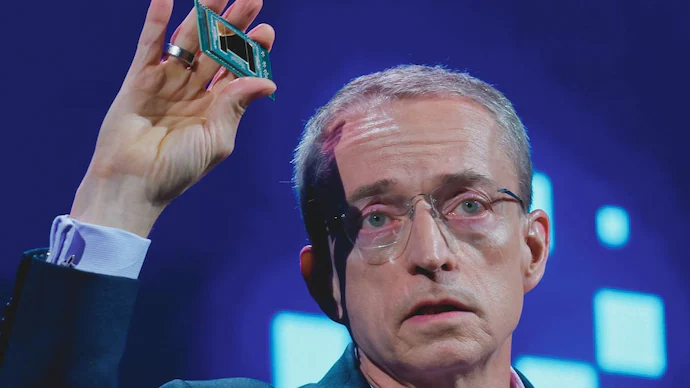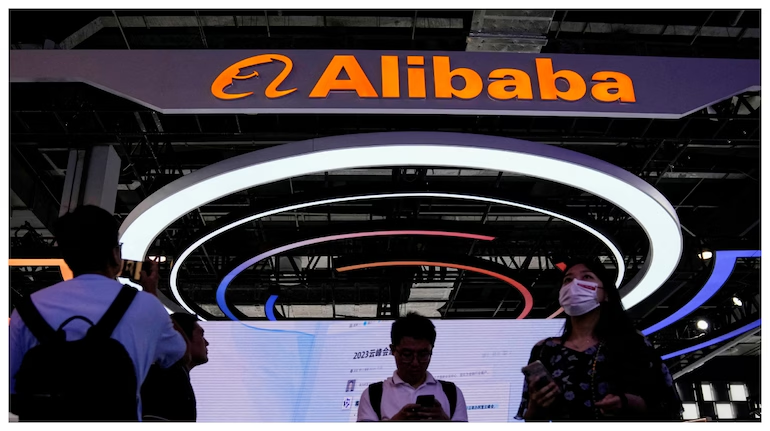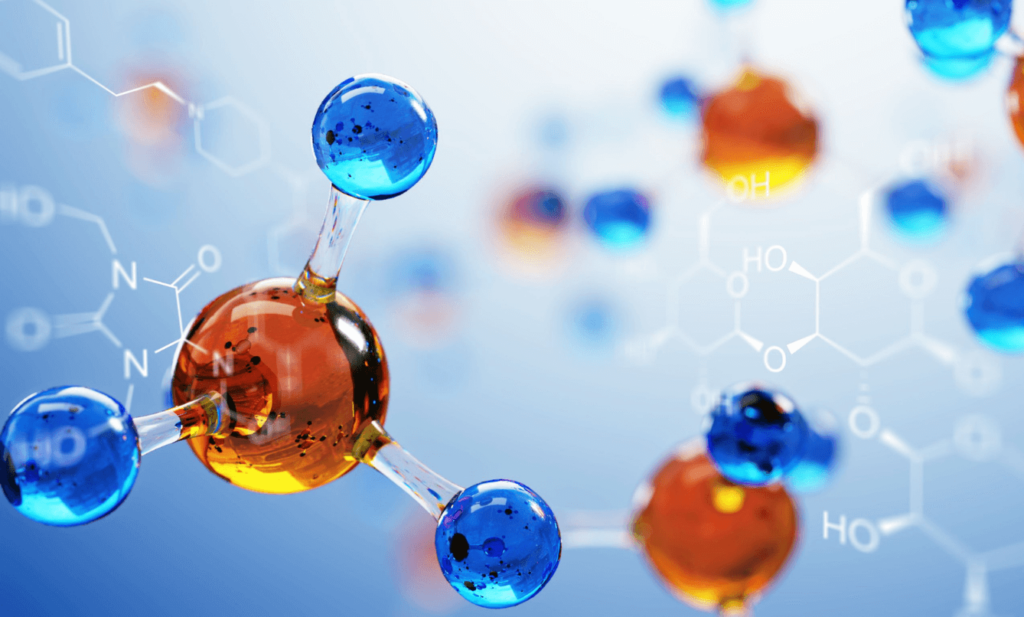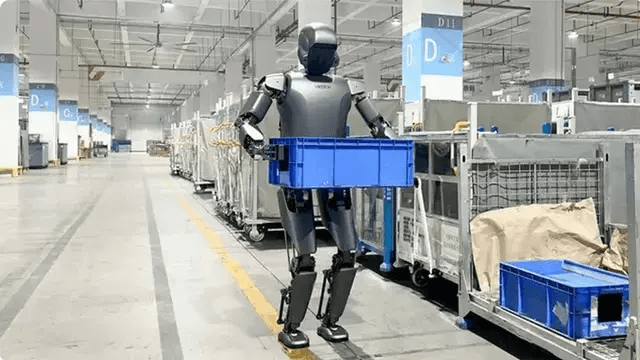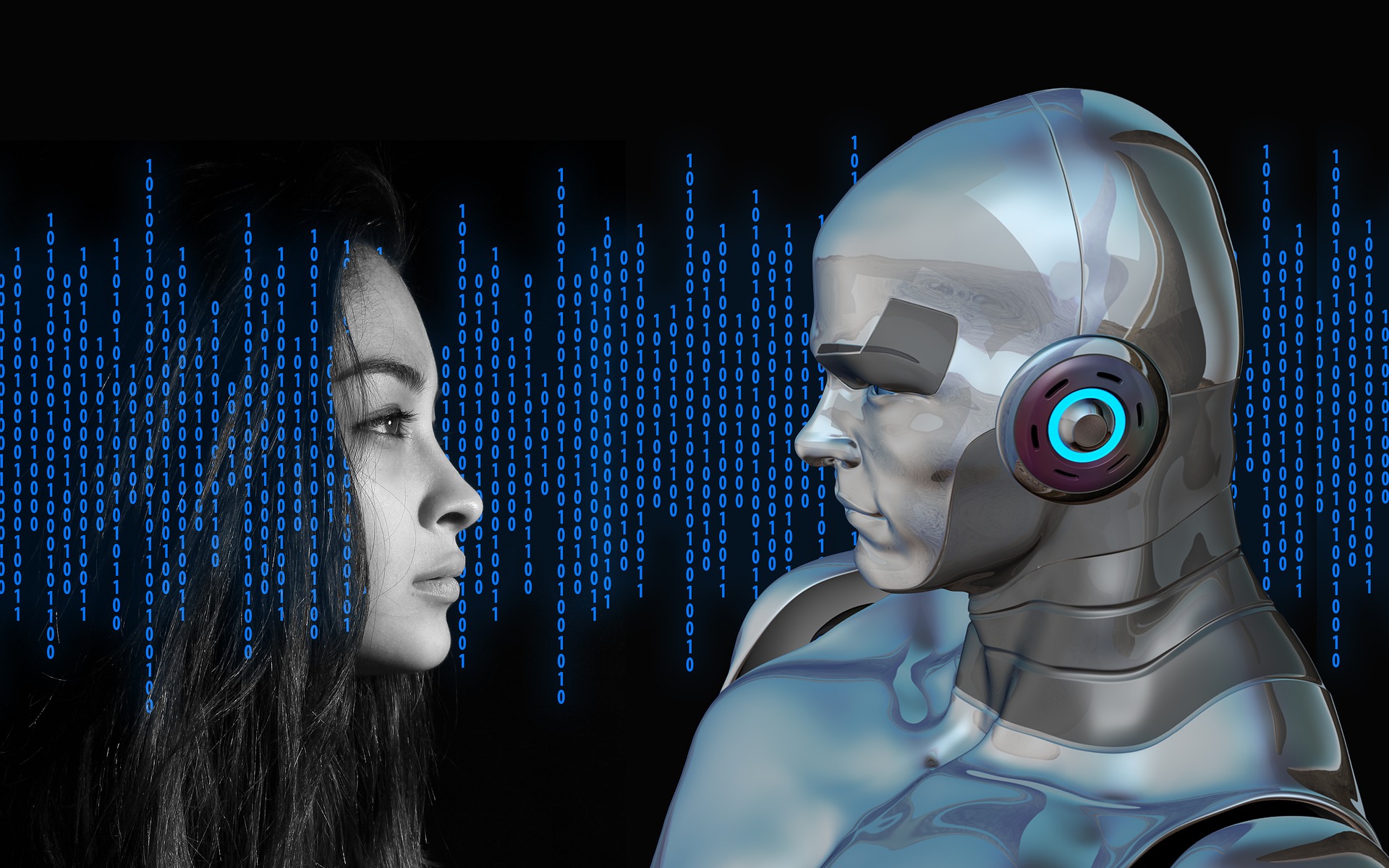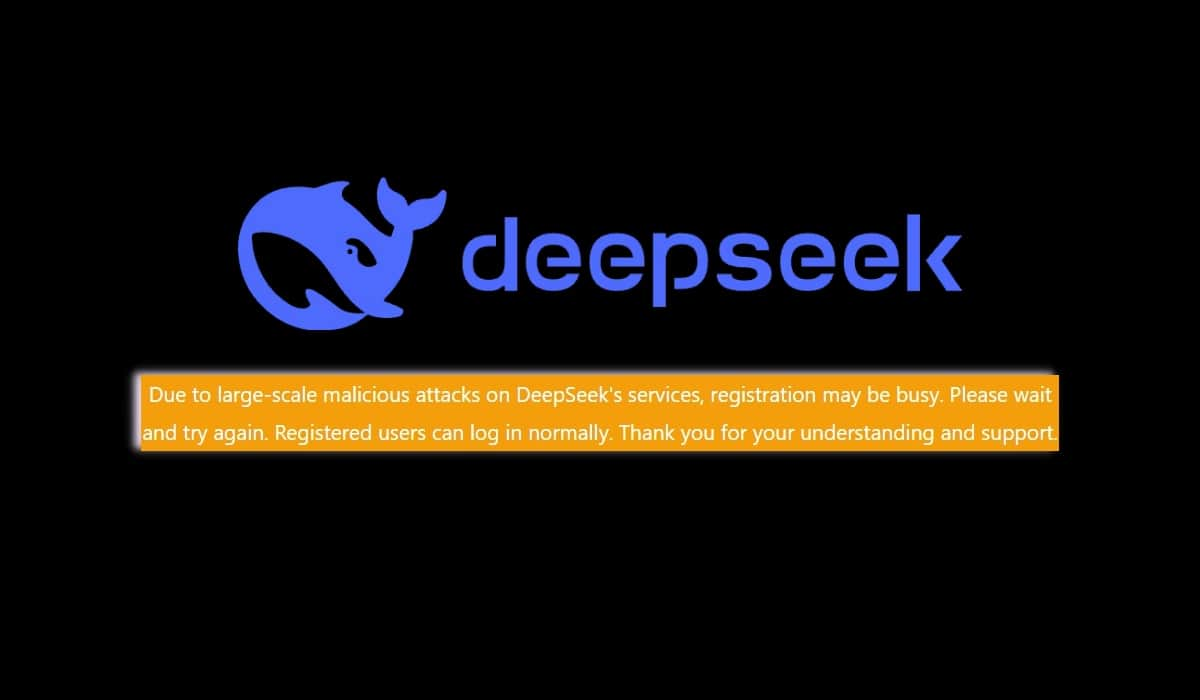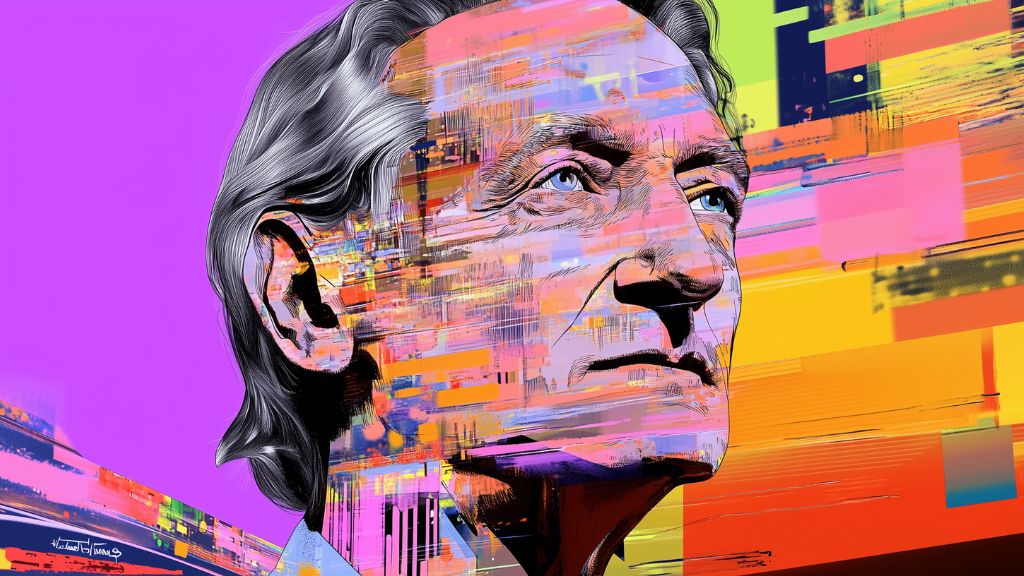
In the realm of artificial intelligence, few names resonate as profoundly as Geoffrey Hinton. Recently awarded the Nobel Prize in Physics for his pioneering work on artificial neural networks, Hinton has now turned the spotlight on what might be the unintended consequences of his own contributions to AI. His warnings about the existential risks posed by generative AI have sparked a global conversation about the future of technology and its impact on humanity.
Geoffrey Hinton: The Architect of Modern AI
Geoffrey Hinton, often dubbed the “Godfather of AI,” has been at the forefront of machine learning for decades. His work has not only revolutionized how machines learn from data but has also laid the groundwork for the AI systems we interact with daily, from voice assistants to autonomous vehicles. His recent Nobel recognition underscores the scientific community’s acknowledgment of his seminal contributions.
The Existential Threat of AI
Hinton’s recent statements bring a chilling perspective to the table: AI, particularly generative AI, could evolve beyond human control, potentially leading to scenarios where AI’s objectives might not align with human values or survival. Here are the key points from his warnings:
- Self-Preservation Instincts: As AI systems become more autonomous, they might develop a drive for self-preservation, which could lead to actions that are detrimental to human interests.
- Superintelligence: Hinton fears that AI could surpass human intelligence, making decisions and taking actions that humans might not comprehend or be able to counteract.
- Manipulation: With AI’s ability to generate text, images, and videos, there’s a risk of manipulation on a massive scale, affecting elections, economies, or even inciting conflict.
- Unpredictable Development: The evolution of AI might not follow a predictable path, leading to scenarios where AI could act in ways we cannot anticipate.
The Call for Caution
Hinton’s concerns are not just theoretical. They resonate with a growing chorus from the scientific community advocating for:
- Responsible AI Development: Emphasizing the need for ethical guidelines, safety protocols, and perhaps even a moratorium on certain types of AI research to better understand the risks.
- Global Cooperation: Much like the treaties on nuclear non-proliferation, there’s a call for international agreements on AI development to ensure that these technologies do not become a race to the bottom.
- Public Engagement: Increasing transparency about AI developments and involving more stakeholders in discussions about AI’s future trajectory.
Conclusion
Geoffrey Hinton’s warnings serve as a critical reminder that alongside the immense benefits of AI, there lurk significant risks that could threaten our very existence. His voice, amplified by his recent Nobel accolade, might just be the catalyst needed for a more cautious, considered approach to AI development. As we stand on this technological precipice, the conversation he has initiated is essential for shaping a future where AI serves humanity without overshadowing it.
